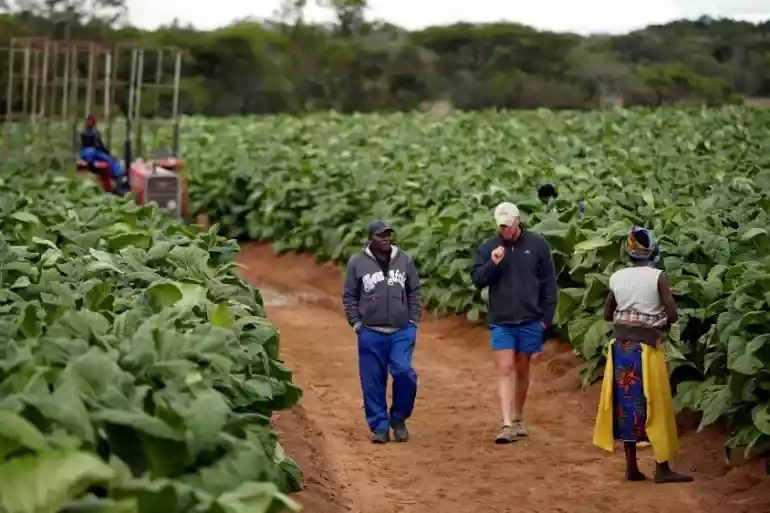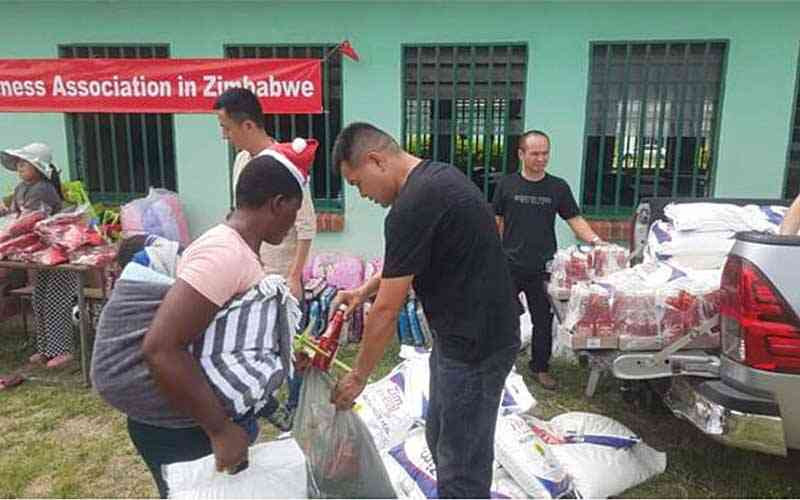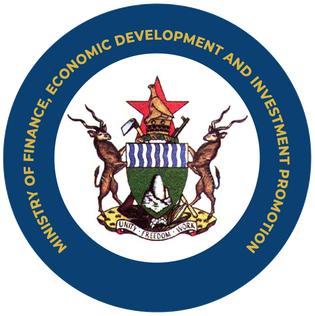
The harsh realities associated with rain-fed agriculture make it difficult for smallholder farmers in remote parts of Africa to quantify their opportunities and risks. Such a big picture perspective can come from extensive research and real-time information gathering on the market.
Even the most sophisticated farmers and value chain actors are not able to do that partly due to the diversity of markets and commodities competing for the same consumers.
Brokers and intermediaries working in the market daily are the only ones who can quantify opportunities that farmers are missing as well as risks caused by unco-ordinated production.
In addition to quantifying opportunities and risks for farmers, intermediaries can broker relationships between supply chain actors and position actors within food systems in ways that enhance consistency in supply.
When consumers have fallen in love with particular commodities, they expect such commodities to be always available on the market. But lack of resources and fragmented production cycles often result in farmers coming in and out of the market depending on availability of something to sell. Using the market as a vantage point, intermediaries can be consolidating signals from diverse farmers in scattered regions and use such intelligence to see opportunities or gaps in supply chains and market ecosystems.
The ability to connect hundreds of farmers with thousands of consumers is a unique role that can only be fulfilled by dedicated institutions or intermediaries who have an intimate understanding of market dynamics. Such intermediaries can also use market feedback to inform policymakers and development agencies on the performance of commodities produced using different production practices. For instance, a farmer who produces tomatoes in the open field may not know how his tomatoes compete with those from greenhouses but the intermediary has such intelligence because he can consolidate feedback from consumers.
Commodities are always available in different parts of a country but what is often unknown by farmers and policymakers are factors that determine supply and demand for particular commodities.
This can only be known by an intermediary institution located in the market. Government is often interested in the quantity of food available in the country — more hectares under crops, more tonnes of maize, more litres of milk and so on but not how much is being consumed and losses that often go unmonitored. Somebody has to quantify losses along supply chains and in mass food markets if the return on investing in food systems is to be ascertained. When government extension services conduct periodic crop and livestock assessments, such efforts exclude indigenous fruits and other natural foods. Communities from which indigenous fruits come may also not be able to quantify volumes on the market which is the destination for diverse indigenous fruits from various areas.
- Mavhunga puts DeMbare into Chibuku quarterfinals
- Bulls to charge into Zimbabwe gold stocks
- Ndiraya concerned as goals dry up
- Letters: How solar power is transforming African farms
Keep Reading
Converting community feedback into action plans
In communities where development organisations are implementing different competing projects, there is often no institution responsible for creatively consolidating emerging knowledge and community feedback into development frameworks and action plans, opportunities and risks.
Consequently, re-inventing of the wheel is common as the next development intervention always starts from scratch. Where surveys are conducted even for academic purposes, they should not just end as reports on the shelf, but should inform community development pathways and action planning.
This requires someone to quantify and package emerging knowledge including opportunities and risks, for instance, chances of some indigenous crop varieties getting extinct due to unmonitored exploitation.
In some cases, government extension officers implement programmes they know to be not very viable especially if those interventions are imposed from the head office because it is a taboo to oppose instructions from the top. These are some of the situations where intermediaries are relevant because they do not need permission from any head office to objectively assess existing practices and recommend appropriate ones. For instance, in Zimbabwe a practice called Pfumvudza was imposed from the top without meaningful community consultation. If consultations had been conducted there could have been thoughtful answers to questions like under what circumstances does digging holes to plant maize make sense when farmers have cattle which can easily be used as draught power? Such questions have been ignored as Pfumvudza was foisted on most farmers. Free inputs like seed and fertiliser were used as carrots to boost adoption of Pfumvudza but farmers, being smart, dug holes for the sake of getting free inputs and then resorted to ploughing with cattle.
Given that communities have different capacities to interpret their experiences, intermediaries can assist in consolidating local expertise and experiences into development frameworks and policy advice. Some of this can result from creative methodologies that map types of information that should be obtained from different people like women in rural areas, women on the market, youths in rural areas and youth in cities who are the future consumers and decision-makers.
Some communities may not be interested in retaining local seed because they know government always provides free inputs. But such insights are often undocumented including the extent to which food aid is another kind of risk because it weakens community innovation in ways that undermine community resilience.
Charles Dhewa is a proactive knowledge broker and management specialist










